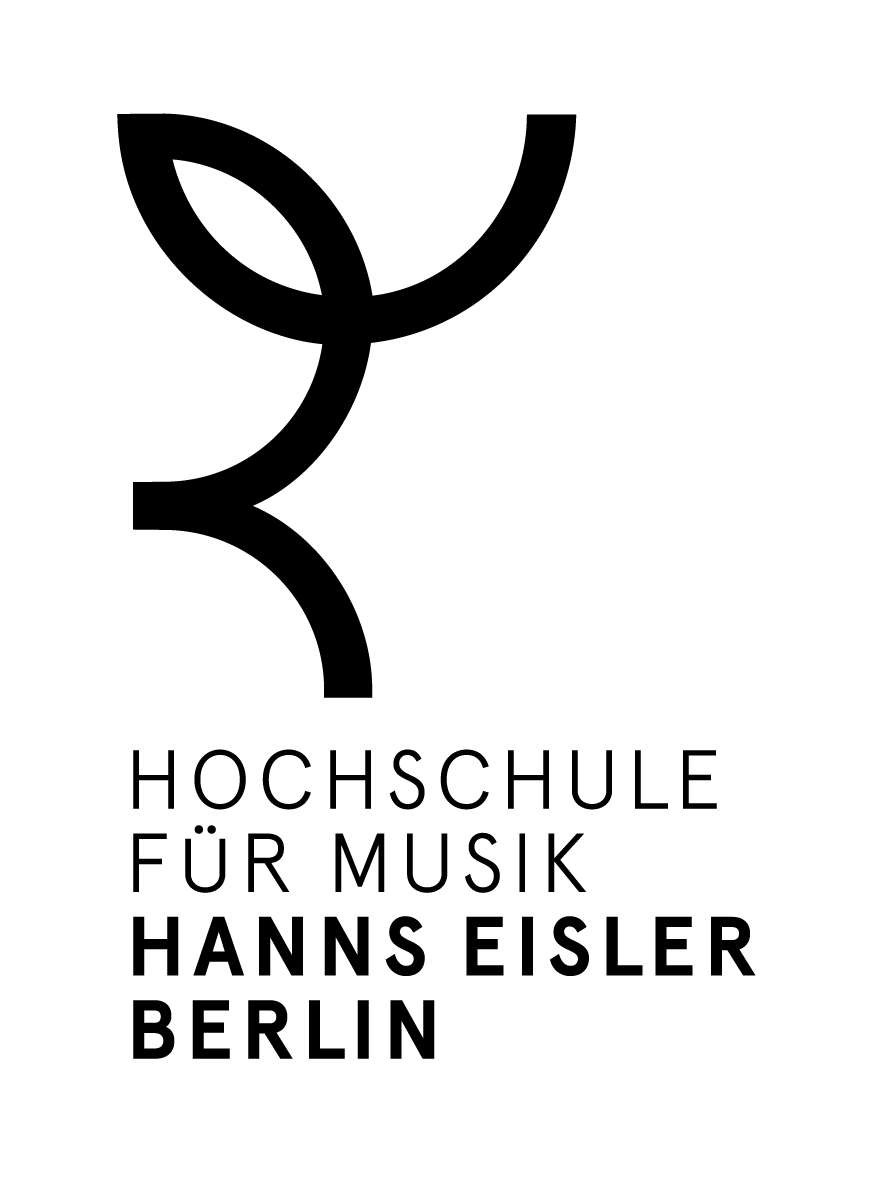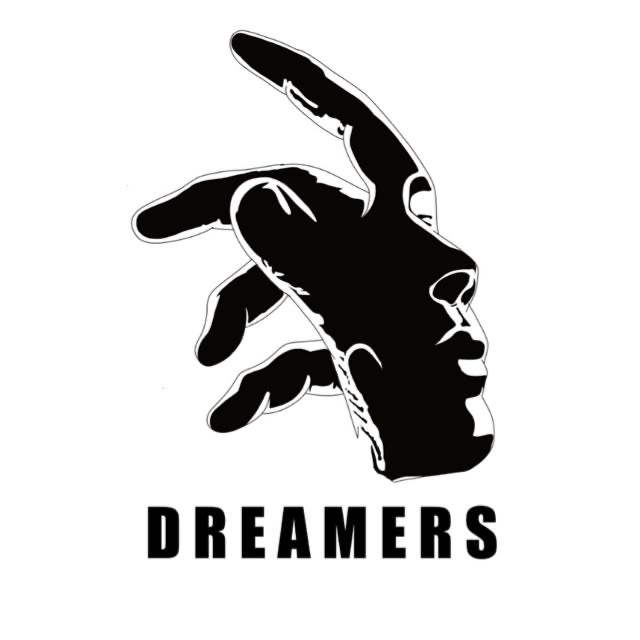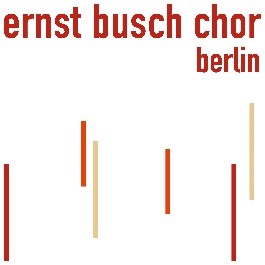Build up! Tear down!
{{ time.start_TS | TS2dateFormat('MMM') }}
{{ time.start_TS | TS2dateFormat('YYYY') }}
| 16 € / reduced 8 € |
| Entrance via portal 3 |
| A theater walk to various locations in the Humboldt Forum awaits you. It is possible to sit down in between. |
| Duration: 150 min no admission |
| German |
| Humboldt Forum |
| Belongs to: Blown Away: The Palace of the Republic |
Alongside the widely visible reconstructed façade of the Humboldt Forum at the site of prestigious architecture in the historic centre of Berlin, a second, almost completely blurred trace leads back into recent history: it is the short history of the Palace of the Republic, which lasted from laying the foundation stone in 1973 until the demolition of the building in 2008.
The approximately 30 years of existence of this GDR prestige building are at the centre of a theatrical journey through time in which the history of the “Palace for the People” comes to life. The theatre piece BUILD UP! TEAR DOWN! explores its significance as a cultural, political and identity-forming place.
100 Berliners bring the Palace of the Republic back to life at its historical location. An ensemble of citizens, contemporary witnesses and choirs in cooperation with the Ernst Busch University of the Performing Arts and the Hanns Eisler School of Music resurrect the building in a sensual theatre happening and vividly bear witness to the traces that this vanished place has left behind.
Artistic management team
Montserrat Borreda (Mass Choreography), Meier Eden (Choreography Roof), Tanja Liebermann (Costume Design), Stefanie Loos (Photographer), Yupanqui Ramos (Costume Assistant), Marie Reineke (Production Assistant), Letycia Rossi (Spacial Concept), Clemens Rynkowski (Musical Direction), Tim Schüler (Speech Choir Management), Melina von Gagern (Text Dramaturgy), Ron Zimmering (Director)
Montserrat Borredá was born in Barcelona and is a choreographer and body director. She trained in dance technique and choreography at the London Contemporary Dance School and at the Cunningham Dance Foundation and Martha Graham School in New York. She has worked on numerous choreographic productions in Barcelona, Gerona, Valencia and Brazil. She has lived in Hamburg since 1988, where she was a lecturer at the Schule für Schauspiel Hamburg and held a guest professorship at the Hochschule für Musik und Theater Hamburg. From 1996 to 2023 she was a lecturer at the H.f.M.T.Hamburg (since 2005 called Theater Akademie) in the department of drama directing and music theatre directing. She supervised numerous diploma and bachelor theses at Kampnagel and received the Hamburg Teaching Award from the Ministry of Science, Research and Equality for outstanding achievements in university teaching in 2016.
Melina von Gagern is a director, author and actress. She was born in Switzerland in 1978, grew up in Norway and Germany, completed her acting training in Berlin and subsequently had various guest and permanent engagements, including at the Theater Chemnitz, the Thalia Theater Halle, the Schleswig-Holsteinisches Landestheater, the Theater Vorpommern in Greifswald and Stralsund, as well as the Theater Rampe in Stuttgart.
She has developed and directed play projects and formats for various theatres, including HUMANKAPITAL – a play development on unconditional basic income, KANALBANAL and 2MAL2 SCHWESTERN. She works as a director and author of radio plays and features for radio (including DAS PATENT – an eight-part series about the act of inventing (SWR), STELLT DEN SARG HOCHKANT UND TANZT – diary of a hundred-year-old woman (DLFKultur). Her feature BLAUBLUTBILD (SWR) was nominated for the Prix Europa 2019 in the Radio Documentary category.
She is the mother of three children.
Tanja Liebermann was born in Baden-Württemberg and lives in Berlin. After studying fashion design, she worked as a costume assistant and then as a freelance costume designer from 2004.
Since then, she has worked in a wide variety of fields for theatre, opera, dance and musicals. Her work has taken her to the Deutsches Theater Berlin, the Berliner Ensemble, Volkstheater and the Volksoper Vienna, the Düsseldorfer Schauspielhaus, the Staatstheater am Gärtnerplatz Munich, the Opernhaus Zürich and the Staatstheater Karlsruhe, Saarbrücken, Braunschweig, Wiesbaden as well as the theatres and opera houses in Freiburg, Lübeck, Lucerne, Bern, Montpellier and, in the current season, the Netherlands Reisopera.
She also regularly creates costume designs for television, cinema and series formats (currently an ARD “Tatort” and the ZDFneo series “Becoming Charlie”).
Letycia Rossi was born in Brazil and has lived in Hamburg since 2010. Her work is characterised by the creative combination of architecture, set design and lighting design. As an architect and interior designer, she has built and designed residential and public buildings. In the field of lighting design, she has worked for the renowned company Andres + Partner.
She has worked as a set designer for film, theatre and dance theatre for many years. She creates spaces in which the boundaries between installation and architecture, between narration and abstraction become blurred. Her collaboration with the internationally successful dance theatre company Quasar Cia de Dança has resulted in innovative stage and costume designs.
In March 2023, she founded Studio Rossi as part of the Studio Besau-Marguerre office partnership in order to further develop her own vision of combining architecture, interior design, lighting design, visual communication and art.
Clemens Rynkowski is a composer, thereminist and musical director. He lives in Berlin and works transdisciplinary for orchestra, chamber ensembles, film, dance, theater and music theater. Previous positions: Berliner Ensemble, Bavarian State Opera Munich, Orchestre Philharmonique du Luxembourg, Badisches Staatstheater Karlsruhe, Saarländisches Staatstheater Saarbrücken, Nationaltheater Weimar, Staatstheater Braunschweig, Goethe-Institut Ramallah. He is lecturing at the art universities of Berlin (Ernst Busch), Weimar, Rostock, Erfurt. In addition to being the musical director of the Resident Music Collective, he is also the musical director for “Build up! Tear down! Theatre Spectacle about the Palace of the Republic” at the Humboldt Forum.
Tim Schüler is a voice, speech and rhetoric coach. He teaches speech at the Ernst Busch Academy of Dramatic Arts. For the 2023/24 season, he is the in-house voice coach for the Theater an der Parkaue – Junges Staatstheater Berlin.
He regularly gives seminars and coaching sessions for journalists, speakers and managers.
Speech choirs are Tim Schüler’s favorite subject. He has developed several large and small speaking choirs for radio and theater (e.g. Berliner Ensemble, Universität der Künste). For him, working on speaking choirs means developing speaking scores, rhythmizing speaking styles and sharpening the thoughts of choir members.
Born in Dresden in 1984, Ron Zimmering studied acting at the Hochschule für Musik und Theater Leipzig and was a permanent member of the ensemble at the Staatstheater Saarbrücken for four years. He later studied directing at the Theaterakademie Hamburg (HFMT). His work is characterised by the combination of classical material with documentary and biographical elements. He has directed at the Deutsches Schauspielhaus Hamburg, the Hamburg Staatsoper, the Deutsche Oper am Rhein, Theater Heidelberg, Theater Osnabrück and Kampnagel, among others. He also teaches acting at the Hochschule für Musik und Theater Hamburg.
www.ronzimmering.de
With
Aaron Blanck, Helena Bohndorf, Johann Born, Eszter Demecs, Juliane Ebner, Greta Geyer, Elias Nuriel Kohl, Maxim Kurze, Flavia Lovric-Caparin, Ella Morgen, Antonia Siems, Markus Ücker, Elina Vildanova, Emma Zeisberger
Jakob Dinkelacker (Drums), Florian Rynkowski (Bass/Stringed instruments), Clemens Rynkowski (Theremin), David Rynkowski (Keyboard instruments/Percussion/Vocals)
Theo Altmann (Trumpet), Lucie Beaufils (Flute), Santa Circene (Viola), Salomé Guimbretière (Clarinet/Bass Clarinet), Shih-Che Lee (Trombone), David Millan (Percussion), Khadim Ndome (Vibraphone/Timpani/Percussion), Joan Osca (Saxophone), Yejin Park (Bassoon/Contrabassoon), Eléonore Rannou (Cello), Ernesto Robles (E-Guitar)
Petra Berndt, Carla Bethge, Aino Leena Betram, Constanze Brandorff Senna, Renate Bräuninger, Jörg Brückner, Rachel Clarke, Tillmann Drews, Michael Fendt, Wolfgang Gärtner, Erna Gfrerer, Ulrike Gollnow, Christine Hildebrandt, Lars Jolig, Amal Kebaier, Beate Keydel, Malak Khamis, Peter Kube, Samantha Mathieu, Sabine Mehwald, Gabriele Metten-Haumann, Magdalene Niggemeyer, Silvio Nohke, Algisa Peschel, Karin Pragal, Peter Pragal, Horst-Michael Prasser, Ursula Raschke, Anja Reßmer, Lydia Röder, Svenja Rüttgers, Angelika Sydow, Oliver Valk, Amyli-Gabriele von Gersdorff, Monika Zimmering
Franziska Böhm, Denitsa Kortsanova, Stela Lalova, Mariia Naumovets, Ruslana Oniscuka, Ekaterina Tsenkova, Irmina Velichkova
Alicia Akakpo, Meier Eden Akakpo (Choreography), Daria Baron, Dennis Cürsgen, Marlin Desho, Sara-Meryem Efe, Jennifer Filippi, Nele Henson, Gina-Loraine Hoy, Dustin Sankowski, Tammy Tietz, Emilia Triwanto, Angelina Vogel
Alina Domrös, Anne Erchembajar, Marina Garbusowa, Sonja Glück, Lothar Glück, Inge Haack, Udo Helmbold, Ute Hoffmann, Renate Jahn, Reinhard Koch, Gabriele Krapka, Birgit Lohmann-Rosenbaum, Katrin Mocker, Renate Morchutt, Gisela Mühlbauer, Petra Müller, Bodo Papke, Anja Schindler, Gerwin Schweiger, Dieter Voigt, Sigilda Wahl, Ingrid Zander, Ursula Zippel
Choir director: Daniel Selke
The Ernst Busch Choir is a mixed Berlin seniors’ choir with around 55 singers that has been in existence since 1973. Since its beginnings as a veterans’ choir, it has cultivated the tradition of the labour singers’ movement, which has its roots in the liberation struggles of previous centuries. Against this background, the choir was named after the singer and actor Ernst Busch in 1983. With his haunting, convincing art of performance and his humanist commitment, he is both a role model and an incentive for the choir singers. Since 1995, a major concert has been held annually in January to mark the birthday of the man who gave the choir its name.
Ernst Busch’s songs – many of which were written by Bertolt Brecht and Hanns Eisler – are an integral part of the repertoire, which now includes almost 300 songs from all over the world and is performed in around 15 concerts each year. The choir sings in around ten languages about peace and solidarity, hope, outrage, grief and the fight for social justice. But it also includes contemporary songs of joie de vivre and classical music.
In cooperation with


with


